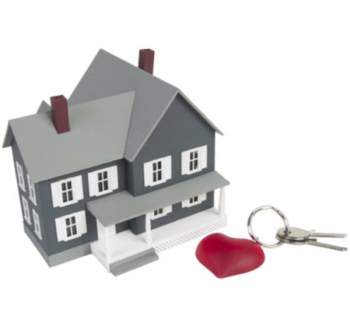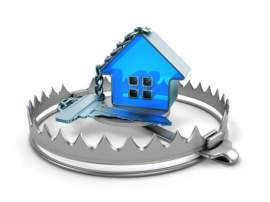
Eviction Process in South Carolina

Popular In Foreclosure
Deed In Lieu Of Foreclosure Stop Foreclosure Pre Foreclosure Protecting Tenants At Foreclosure Act Of 2009 Deed In Lieu Of Foreclosure Maryland Avoid Foreclosure Foreclosure Help Eviction Process In Missouri Eviction Process In Alabama Foreclosure Process Short Sale Deed In Lieu Of Foreclosure Ohio
If you are being evicted in the state of South Carolina, you may not know how to proceed. Learning about the eviction process in South Carolina can help you understand your rights and options under the law. After reading this guide, you will understand the steps involved in the eviction process in South Carolina and how long each step will take.
Getting Notice
You must be given proper notice before eviction proceedings can begin. The eviction process in South Carolina has specific rules for the amount of notice you must be served with before your landlord can take you to court and evict you. The amount of notice you will receive depends upon the reason that you are being evicted.
If you have failed to pay rent on time, your landlord can give you a five-day notice that demands the late rent in full. If you do not pay this rent in the five-day notice period, your landlord can begin the eviction process in South Carolina courts.
If you have violated your lease in some other way (for instance, by keeping an unauthorized pet or causing damage beyond normal wear and tear in the unit), your landlord will give you a written 14 day notice that notifies you as to which provision of your lease you are violating. You will have 14 days to correct the problem and make amends as defined by your landlord in the notice. If you cure the breach to your lease in this 14 day period, you will be allowed to continue your tenancy.
Court Filings and Hearings
If you do not pay your late rent within five days, or fix any lease violations within 14 days, your landlord can begin the eviction process in South Carolina courts by going to the district courthouse and filing an affidavit and application of ejectment. These documents begin the legal eviction proceedings that can result in you being forcibly removed from your home.
You will be served with a copy of your landlord's sworn affidavit, which will tell you why you are being evicted, and an order to show cause. If you wish to contest the eviction in court, you will be given 10 days to request a hearing. You can also use this 10 day period to vacate the premises or reach an agreement with the landlord.
You are not required to request a hearing, but if you do not, your landlord will win the eviction suit automatically and the eviction process in South Carolina will continue. If your landlord has behaved improperly by discriminating against you, violating the terms of your lease agreement, or serving you with improper notice, you may be able to successfully fight the eviction suit. Talk to a lawyer who has experience with the eviction process in South Carolina to better understand your full range of legal options.
Writ of Ejectment
If your landlord wins at the hearing (or if you simply choose not to request a hearing), the court will order that a writ of ejectment be served to you within five days. Once you receive this writ, you have only 24 hours to vacate the premises or face forcible eviction and physical removal by the sheriff. Your belongings can be put on the curb, and you will be unable to re-enter the property.



















